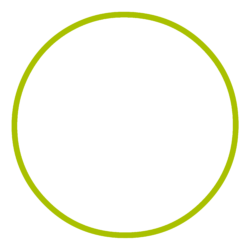
If you’re planning to buy a home this year, you’ve hopefully saved up more than you think you’ll need for a down payment. But stockpiling money isn’t the only thing that should be on your financial checklist before becoming a homeowner.
That’s because a high score tells lenders that you have a proven track record of being responsible with your money. “It means we’re more likely to want to give you a loan, because we know you’re going to pay us back,” Brian Hoovler, branch operations assistant manager at Bay Equity Home Loans, tells NerdWallet.
If your score is less than ideal, Orman recommends taking three immediate actions to improve it: pay down credit card balances, pay down other debt, such as student loans, and stop buying anything that isn’t completely necessary.
You want to improve your credit utilization ratio, which is calculated by dividing your balance by your credit limit. Ideally, you’ll never hold a balance of more than 30 percent of your limit. So If you have a card limit of $10,000, you never want your balance to exceed $3,000.
As you get ready to consider putting in an offer on a home, you want to pay down as much debt as possible and refrain from splurging.
“The best advice is to charge as little as possible in the months leading up to a home purchase,” Orman writes.
You’ll also want to have excess cash on hand that can prove to lenders that you’ll be covered even in the event of an emergency. “Though there is no hard-and-fast rule, lenders want to know that if you get laid off, or sick, you can cover the mortgage for at least a few months,” Orman says.
Be sure to do your own research on how to boost your credit score to before buying a house and read up on the four things you should be doing if you’re aiming for a perfect credit score.
Credit: Emmie Martin, CNBC

